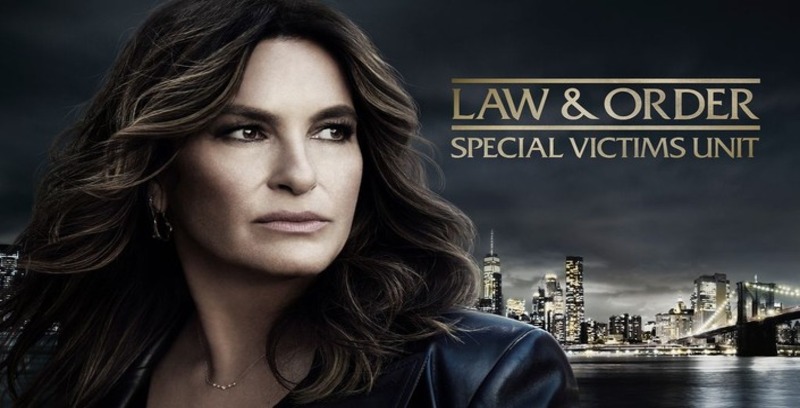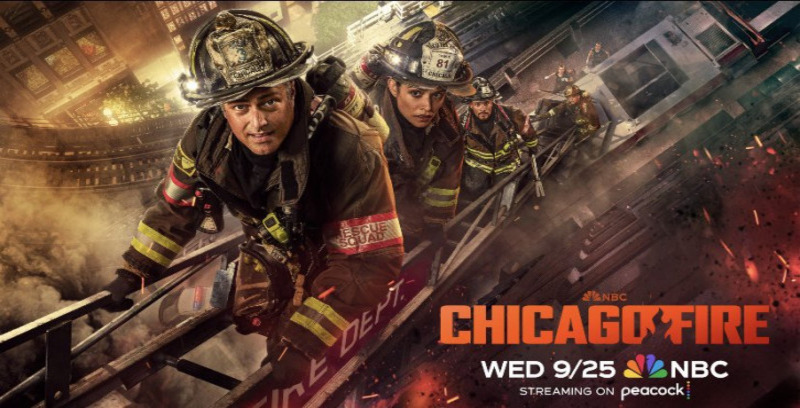
After 2015's warmly received Cinderella and the technical marvel of last year's The Jungle Book, Walt Disney Pictures continues its trend of issuing live-action updates of the studio's animated catalog with its riskiest endeavor yet, a reimagining of the 1991 classic Beauty and the Beast, which became the first animated film to receive an Oscar nomination for Best Picture.
More than 25 years after its release, the original film still holds up remarkably well, and when word first broke that a new version was imminent, I felt myself inclined to agree with the sentiment that a live-action remake wasn't something I needed to experience. But as wholly unnecessary as the idea may have seemed at the time, the result is new, and a bit alarming - who'd have ever thought that this could be? There's something here that I simply didn't see, and it's magnificent.
The new screenplay by Stephen Chbosky (The Perks of Being a Wallflower) follows the same basic structure as the 1991 version - even recycling and repurposing certain pieces of dialogue - while adding some additional context to the relationship between Belle (Emma Watson) and her father (Kevin Kline) and revealing why her mother is no longer in the picture. Chbosky also cleverly addresses one of the most glaring plot holes from the original film's script: why don't the villagers recall the fact that a prince once lived nearby? You know, in that enormous castle in the middle of the forest? Why hasn't anyone opened an inquiry into his sudden disappearance?

That prince is now a grotesque and hulking Beast (Dan Stevens), sequestered in the ruins of his palace with an army of servants that have been transformed into various household items, including a debonair candelabra named Lumiere (Ewan McGregor) and his oldest friend, Cogsworth (Ian McKellen), a grouchy and irritable mantel clock. The events through which Belle encounters the castle's inhabitants will be familiar, but director Bill Condon adds a marvelous level of detail that gives each of these objects incredibly lifelike qualities while still retaining their non-human shapes - an effect that would be terrifying if they each weren't so charming.
Completely lacking in the charm department is village hunk Gaston (Luke Evans), a swaggering manifestation of machismo and douchebaggery who spends his days (and nights) pounding beers at the local hunter's lodge while scheming to make Belle his wife. Despite her outward displays of disgust whenever they interact, Gaston remains oblivious to Belle's disinterest - nor does he seem to notice the wistful gazes thrown in his direction by his stalwart companion LeFou (Josh Gad), whose feelings for Gaston are clearly more than platonic.
In the original film, LeFou wanted to be in Gaston's shoes, while Gad's version seems more interested in gaining access to his best pal's pants - but not in an overtly sexual way, mind you. This is still a family film, and there's nothing offensive about the portrayal of their relationship, but I shudder to think of the inevitable conservative backlash that will surely arise after the film's theatrical opening, when closed-minded parents and their children are confronted with the reality that gay people exist everywhere - even in fairy tales.

The original songs by Alan Menken and Howard Ashman are all revisited here, from the opening introduction of our heroine to Gaston and LeFou's hilarious tavern anthem and of course, the spectacular performance of Be Our Guest, which is one of the most visually arresting sequences in a film that is consistently dazzling from start to finish. Menken also returns to compose several new pieces alongside lyricist Tim Rice, including a solo for the Beast and an ensemble for the servants titled Days in the Sun. The latter takes the place of Human Again, conspicuously absent after being cut from the original film, added to the Broadway production and then re-inserted into home video releases beginning in the early 2000s. In fact, none of the Broadway songs are featured in this version, an odd choice considering the enduring popularity of the stage show.
Watson is tremendous as the plucky protagonist, and Belle is given a bit more fortitude than her animated counterpart, continuing the studio's recent trend of creating strong-willed, independent female characters (see Moana and Zootopia for other examples). Evans is delightfully wicked, unquestionably reveling in the opportunity to play such a dastardly villain, while Stevens conveys an impressive range of emotion through his motion-captured performance as the Beast. And if you're worried about any of the performers being able to carry a tune, you can set those fears aside - they're all fantastic.
Realistically, there's no way that a live-action Beauty and the Beast could ever measure up to the original 1991 classic. Released during the early years of the "Disney Renaissance" period that also birthed Aladdin and The Lion King, it's not only one of the studio's most iconic features, but arguably one of the most revered animated films of all time, a beloved piece of Disney history whose legacy will almost surely outlive us all.
But Condon's film is a worthy successor, an astonishingly beautiful adaptation that's every bit as romantic and enchanting as its predecessor, capturing the magic of the original version while utilizing the wonders of modern filmmaking technology to expand the scope of the fairy tale about a girl from a poor provincial town who dreams of adventure in the great wide somewhere. It's a tale as old as time, but Condon knows just how to tell it.
Sign Up for the SpoilerTV Newsletter where we talk all things TV!
Recommendations
Subscribe to:
Post Comments (Atom)












